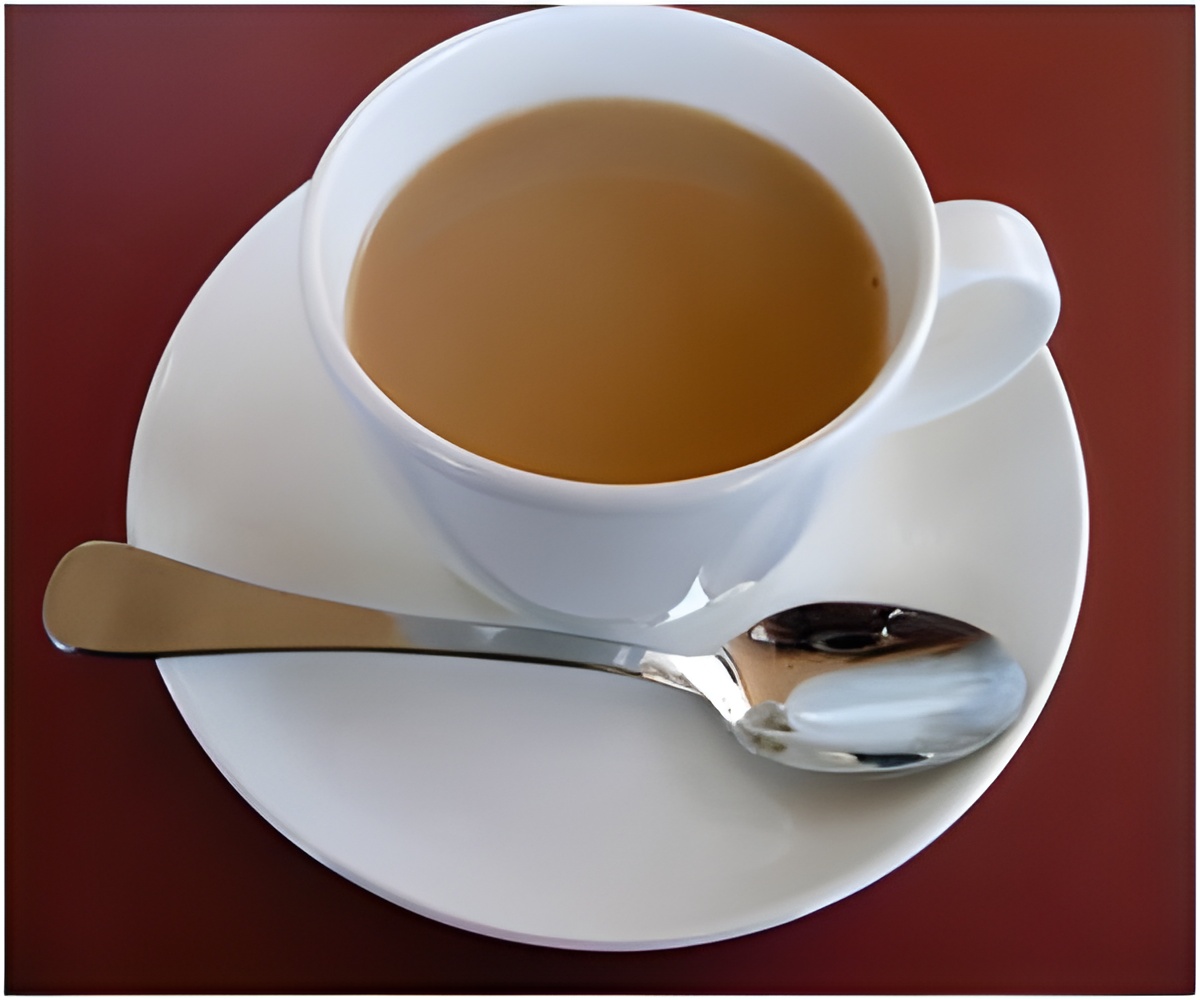Recent studies have unlocked eight reasons to why we should drink tea.

When fluoride mixes with saliva, bacteria can't produce the acid by-products that promote cavities. Additionally, fluoride works to repair teeth in the early stages of tooth decay, she explained.
Studies also show catechins (antioxidants) in green tea extract may trigger weight loss by stimulating the body to burn calories and decreasing body fat, especially in the abdominal (belly) area.
Thanks to its polyphenols (the antioxidants found in tea), sipping on a cup may have cancer-fighting effects.
While the overall research is inconclusive, evidence shows the polyphenols in tea, particularly catechins, have biological activities that may be relevant to cancer prevention, Bannan noted.
These antioxidants have also been shown to inhibit tumor growth: green teas specifically have been shown to activate detoxification enzymes that may help protect against tumor development.
Advertisement
However, because the studies are inconclusive, the National Cancer Institute does not recommend for or against the use of tea to reduce the risk of any type of cancer
Advertisement
According to a study conducted in the Netherlands and published in the Archives of Internal Medicine, drinking tea was associated with a more than 50 percent reduction in severe atherosclerosis (hardening and narrowing of the arteries) in women who drank 1 to 2 cups a day.
Another study, published in the journal Stroke, found that long-term consumption of black, green, oolong or white tea can cut the risk of strokes by as much as 60 percent.
Researchers say the antioxidants, found abundantly in tea, may play a critical role in preventing heart diseases.
Tea might also help in the prevention and treatment of neurological diseases, especially degenerative diseases like Alzheimer's.
Research shows the polyphenols in green tea may help prevent neurotransmitters involved in brain function, like dopamine and epinephrine, from degrading. It may also inhibit senile plaques from depositing in the brain, which impairs cognition.
Overall, one to two cups of green tea a day may boost your learning and memory.
Further, green tea has been found to improve bone mineral density and strength.
Studies have shown that elderly women who drank tea had higher bone density in their hips and less bone loss than women who didn't drink tea.
White tea has been found to be effective at fighting infections caused by staph and streptococcus bacteria, pneumonia and tooth decay.
Researchers think the natural chemicals contained in white tea might provide many benefits to the immune system and overall health.
Source-ANI












